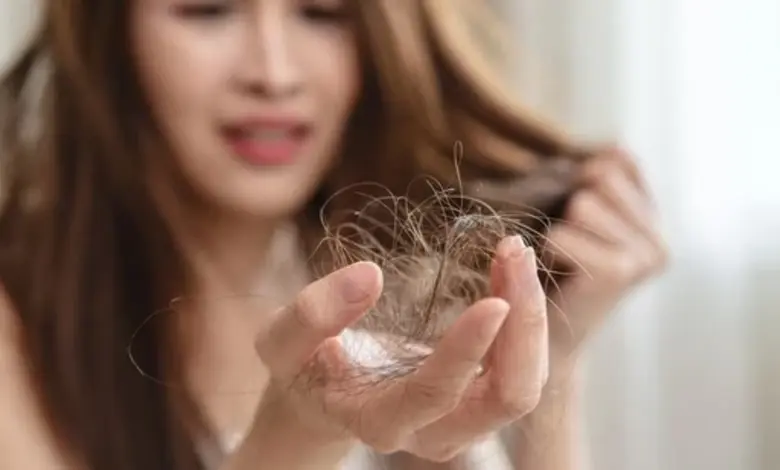
Hair loss is a widespread concern impacting countless individuals, often sparking worry about appearance and health. Experts shed light on the reasons behind excessive hair shedding and offer practical solutions to address it.
A variety of factors can trigger hair fall, ranging from genetic predispositions to lifestyle choices. Heredity plays a significant role, with conditions like male or female pattern baldness affecting many. Hormonal shifts, such as those during pregnancy, menopause, or thyroid imbalances, can also lead to thinning hair. Nutritional deficiencies, particularly in iron, vitamin D, or protein, are common culprits. Stress, both physical and emotional, often exacerbates the issue, as does the use of harsh hair products or styling practices like tight ponytails or excessive heat.
Medical conditions, including autoimmune disorders or scalp infections, may contribute to hair loss. Certain medications, such as those for cancer or hypertension, can also cause temporary shedding. Environmental factors, like pollution or seasonal changes, further compound the problem for some individuals.
ALSO READ : Frequent Burping ? Know the causes and the solutions
To combat hair fall, experts recommend a multi-faceted approach. A balanced diet rich in vitamins, minerals, and proteins is essential for nourishing hair follicles. Incorporating foods like leafy greens, nuts, and fish can promote stronger hair. Staying hydrated and managing stress through mindfulness practices or exercise also support scalp health.
Gentle hair care routines are advised, including the use of sulfate-free shampoos and avoiding excessive heat or chemical treatments. Regular scalp massages with natural oils, such as coconut or argan, can improve blood circulation and strengthen roots. For those with underlying medical issues, consulting a healthcare professional to address conditions like thyroid disorders or anemia is crucial.
In cases of persistent or severe hair loss, professional treatments may be necessary. Options like minoxidil or platelet-rich plasma therapy have shown effectiveness for some individuals. Hair transplant surgery remains a viable choice for those with advanced hair loss, though it requires careful consideration and expert guidance.
Experts emphasize that early intervention is key. By identifying the root cause and adopting tailored solutions, individuals can effectively manage hair fall and maintain healthier, fuller hair.




